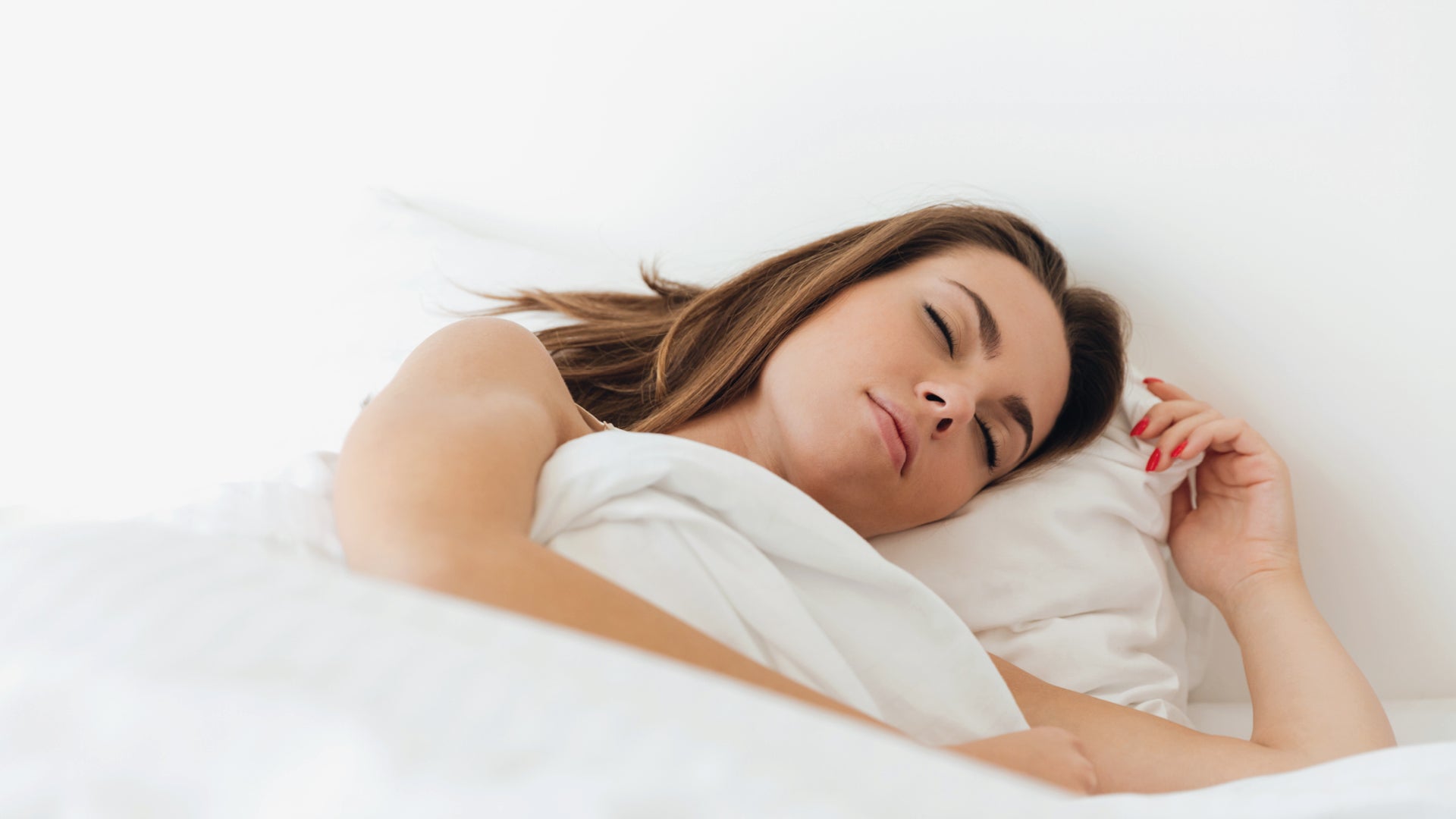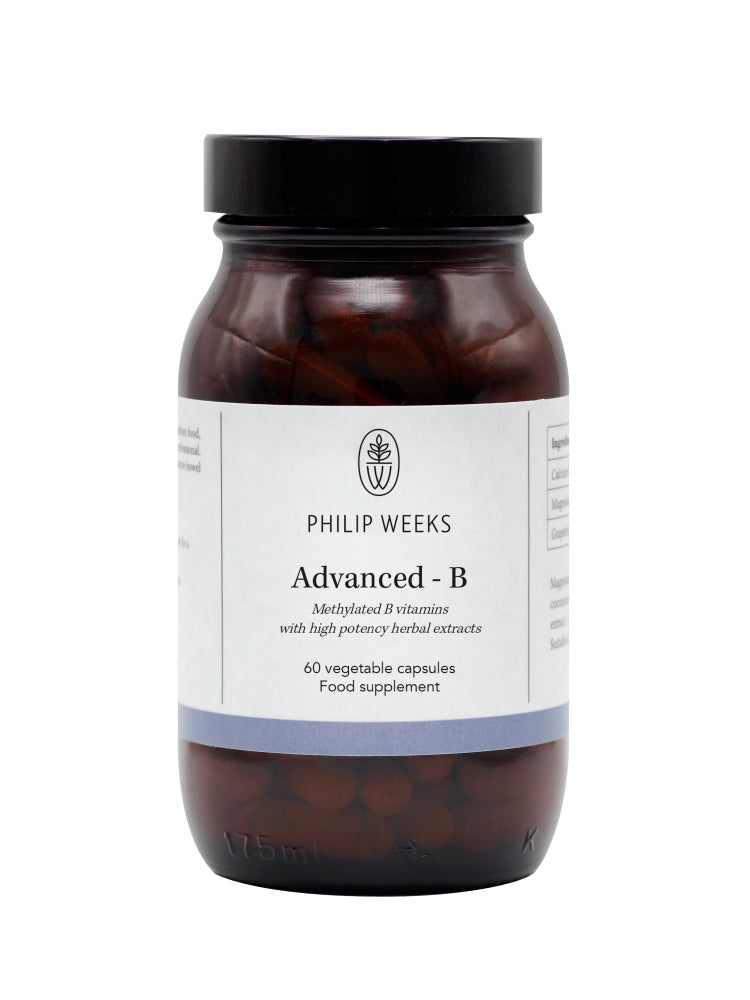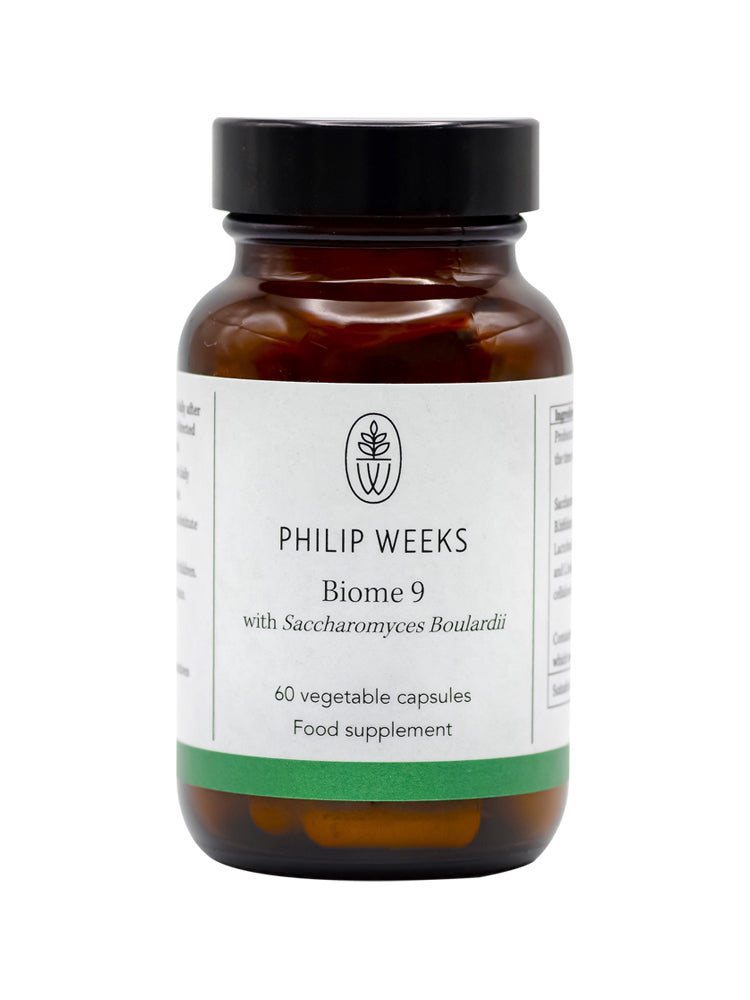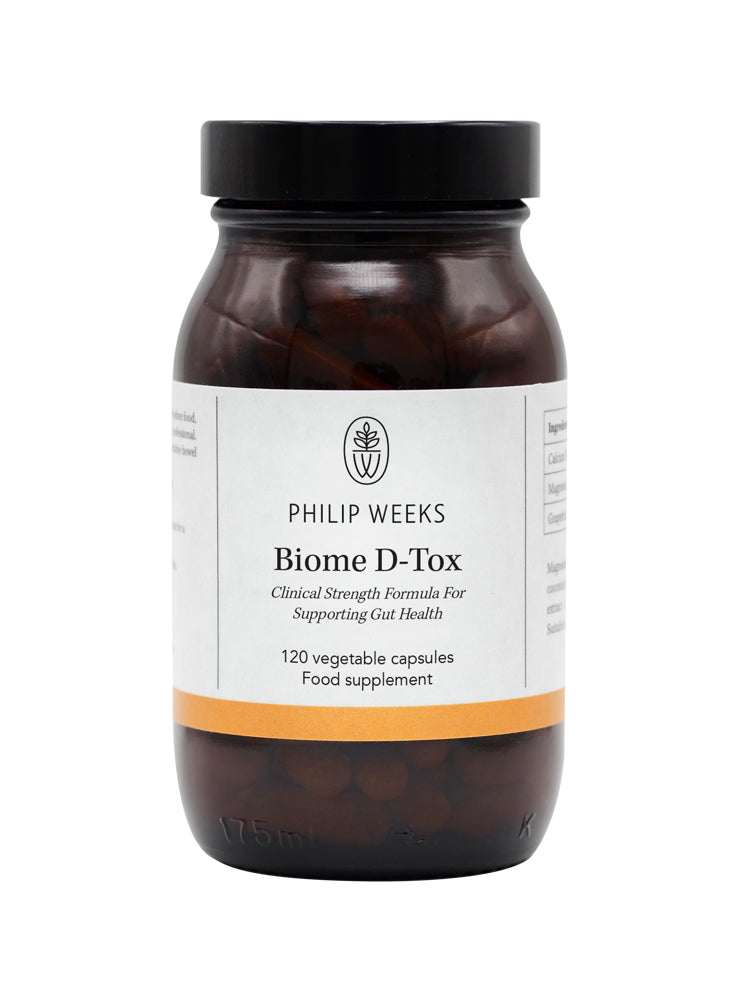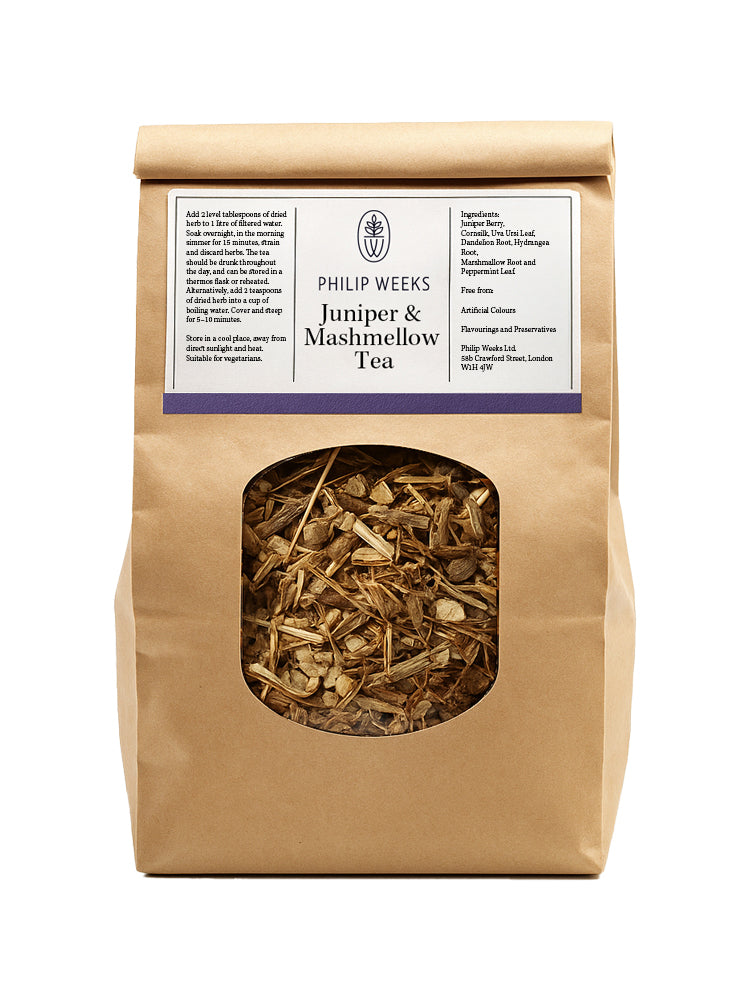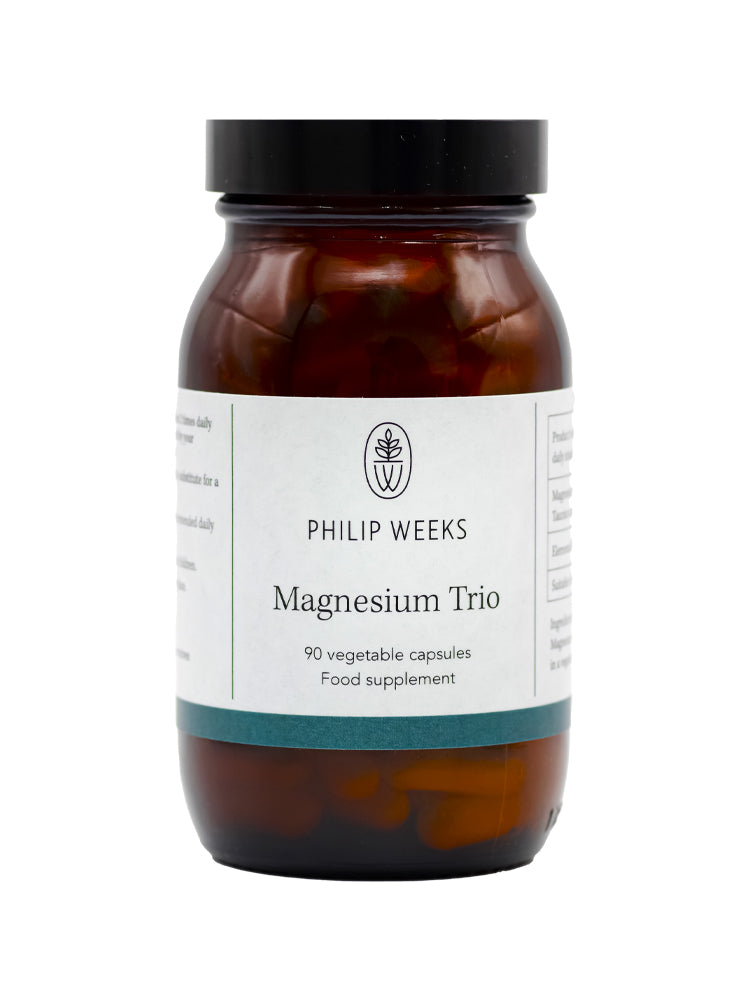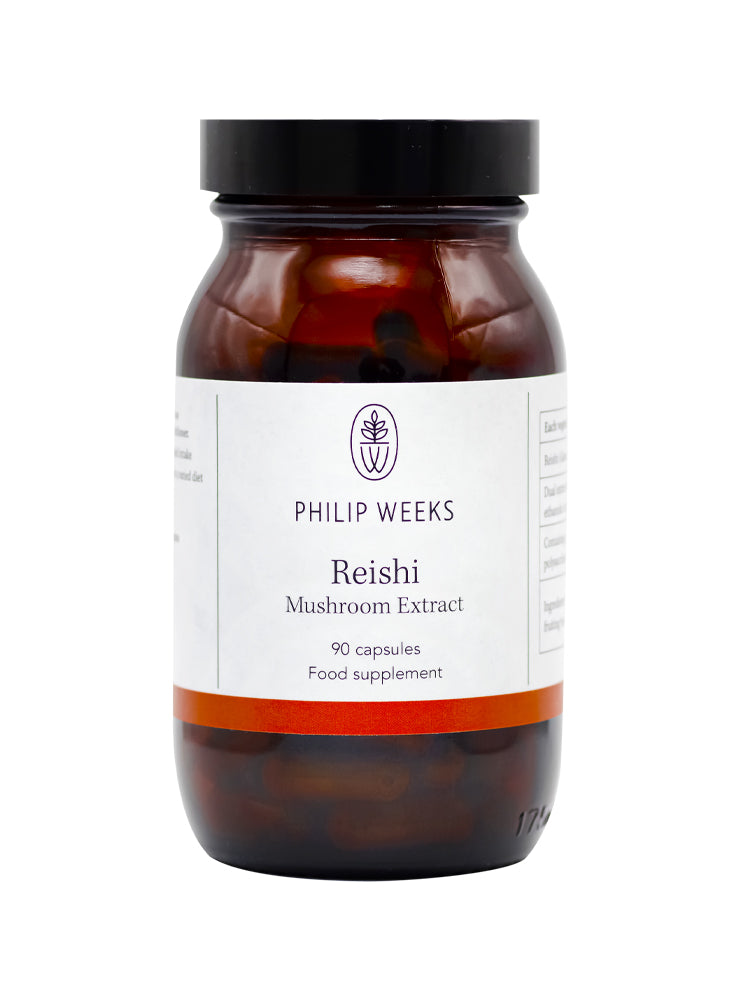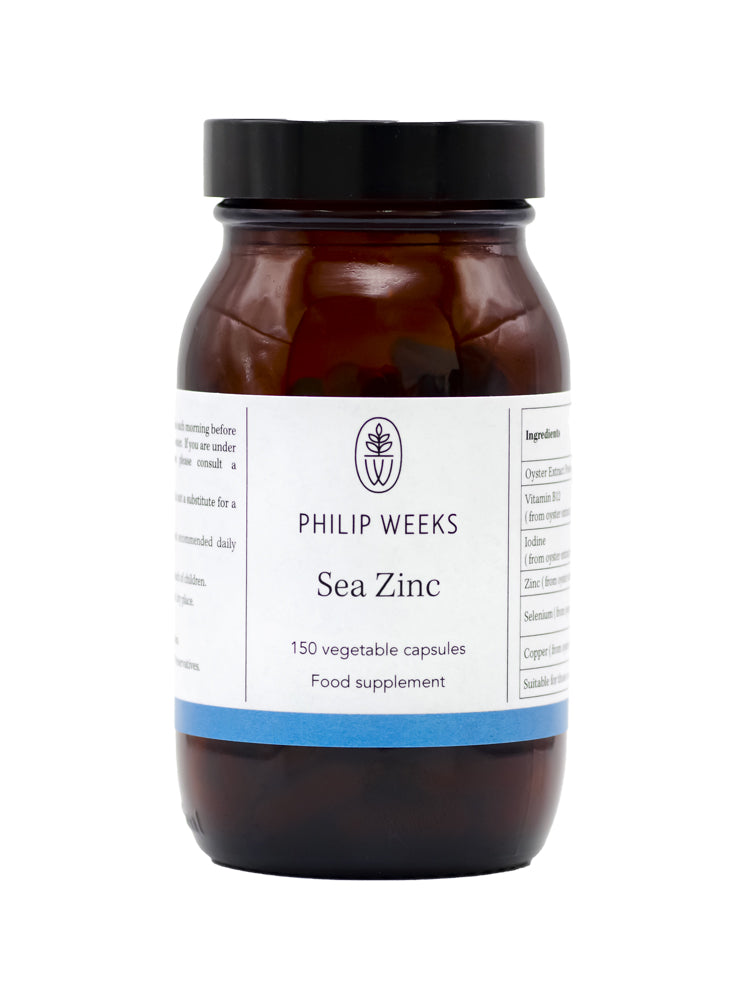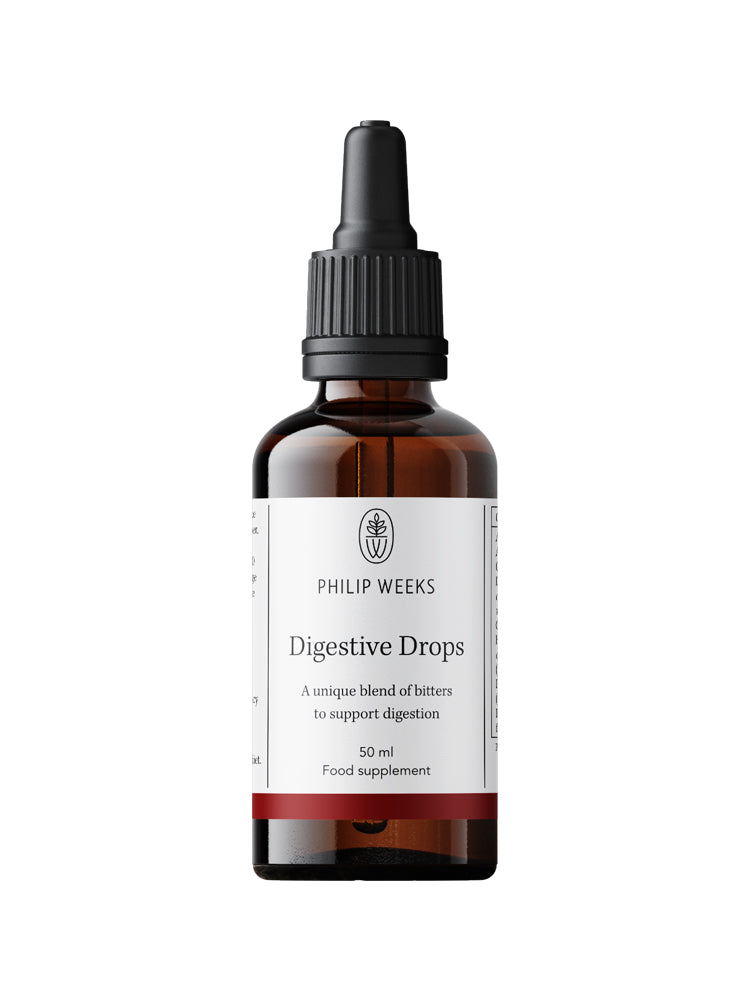It could be argued that good quality sleep is THE most important factor for our well-being.
People can survive for a relatively long time with poor quality nutrition, but a lack of sleep can quickly degrade health, mental and emotional well-being.
The average person sleeps around 8 hours a night, which equates to around 26 years in a lifetime!
We know that lack of sleep can contribute to all kinds of problems such as:
- Reduced immunity
- Weight gain
- Increased risk of Stroke, Cancer, Type 2 Diabetes and High blood pressure.
- Increased risk of depression
- Reduced immunity
- Poor short term memory and even dementia
Snoring at night and waking up feeling unrefreshed could be a sign of sleep apnoea. This is a dangerous condition which if left untreated can shorten life span and pave the way for serious chronic disease.
As we approach bedtime, our brain releases the hormone melatonin that helps us fall asleep and stay asleep until morning. Melatonin plays an important role in body repair, it’s a powerful antioxidant that has important anticancer properties and can keep inflammation under control.
Setting up the bedroom for good sleep
Exposure to light at night can reduce the amount of melatonin excreted by the brain preventing us from sleeping or going into deep restorative sleep.
The bedroom should be pitch black with no light at all. This can take a bit of modification especially if there are external light sources.
This is especially important for children. Research has shown that children and babies who sleep with the light on are more likely to grow up short-sighted compared to children who sleep in the dark.
Adults who have a light on when sleeping were more likely to gain weight and be obese.
As smart phones or device emit blue light, their use withing 2 hours of sleeping can dramatically reduce the amount of melatonin produced. So even though some people will fall asleep the quality can be poor.
Things to try:
- Black-out blinds
- Use electrical tape to block out any LED lights in the bedroom.
- Being around natural fire at night stimulates deeper quality sleep.
- If you must use devices at night, blue light blocking glasses can be helpful.
- Having lights with a dim pink glow such as from salt lamps can be useful especially in children’s bedrooms as a transition to sleep time.
- If living in the city a HEPA air filter can help air quality as can house plants.
- The ideal temperature for most people is between 18-22 degrees Celsius.
Improving quality of sleep:
- Make sure you don’t drink caffeine after 2pm. If you regularly struggle with sleep, then cut out caffeine completely.
- Don’t eat later than 3 hours before bed, heavy and spicy food can particularly disrupt sleep.
- Although alcohol can make most people sleepy, when consumed at night prevents people from entering deep restorative sleep and can contribute to hidden sleep deprivation.
- Getting our circadian rhythm properly in sync means that when we do go to bed, we are more likely to have restorative sleep. First thing in the morning we should get outside and expose ourselves to sunlight, if it’s a sunny day then 10 mins is ideal, on a grey overcast day then we will need more like 20 mins. It is best not to where any glasses or contact lenses. If it’s still dark, then movement helps to reset it as does a cold shower (eeek!) It is best if this is done before a morning coffee!
Nutrition to support sleep
Although heavy and big meals before sleep is a disaster for restorative sleep. A slight snack for some can be helpful.
- In studies Kiwi fruit consumed an hour before bed reduced incidence of waking up at night and reduced the time it took to get to sleep. It is thought this is due to the natural melatonin content in the fruits.
- Cherries also contain melatonin and a portion in the evening can regulate sleep cycle and create deeper quality sleep.
- Magnesium helps to active a neurotransmitter called GABA which has a calming and relaxing effect on the nervous system. Magnesium Taurate is particularly helpful as taurine reduces the levels of the stress hormone cortisol.
1 to 2 capsules of the Magnesium Trio is usually helpful, although some people find 3 is even better. Usually taken 30 to 60 mins before bed with a very light snack. Be aware that Magnesium can act as a stool softener, so dosage is quite individual, and too much can cause loose stools. So, increase dosage gradually to find what is best for you.

